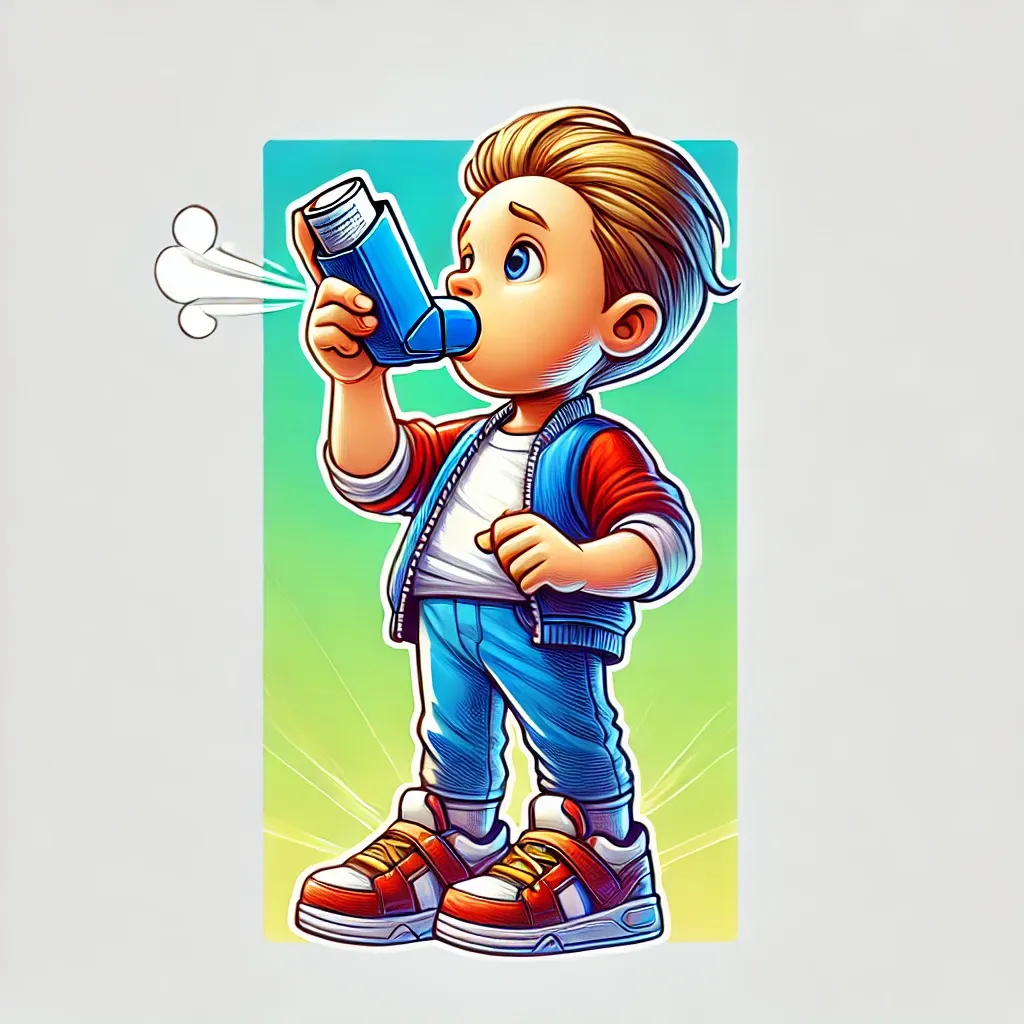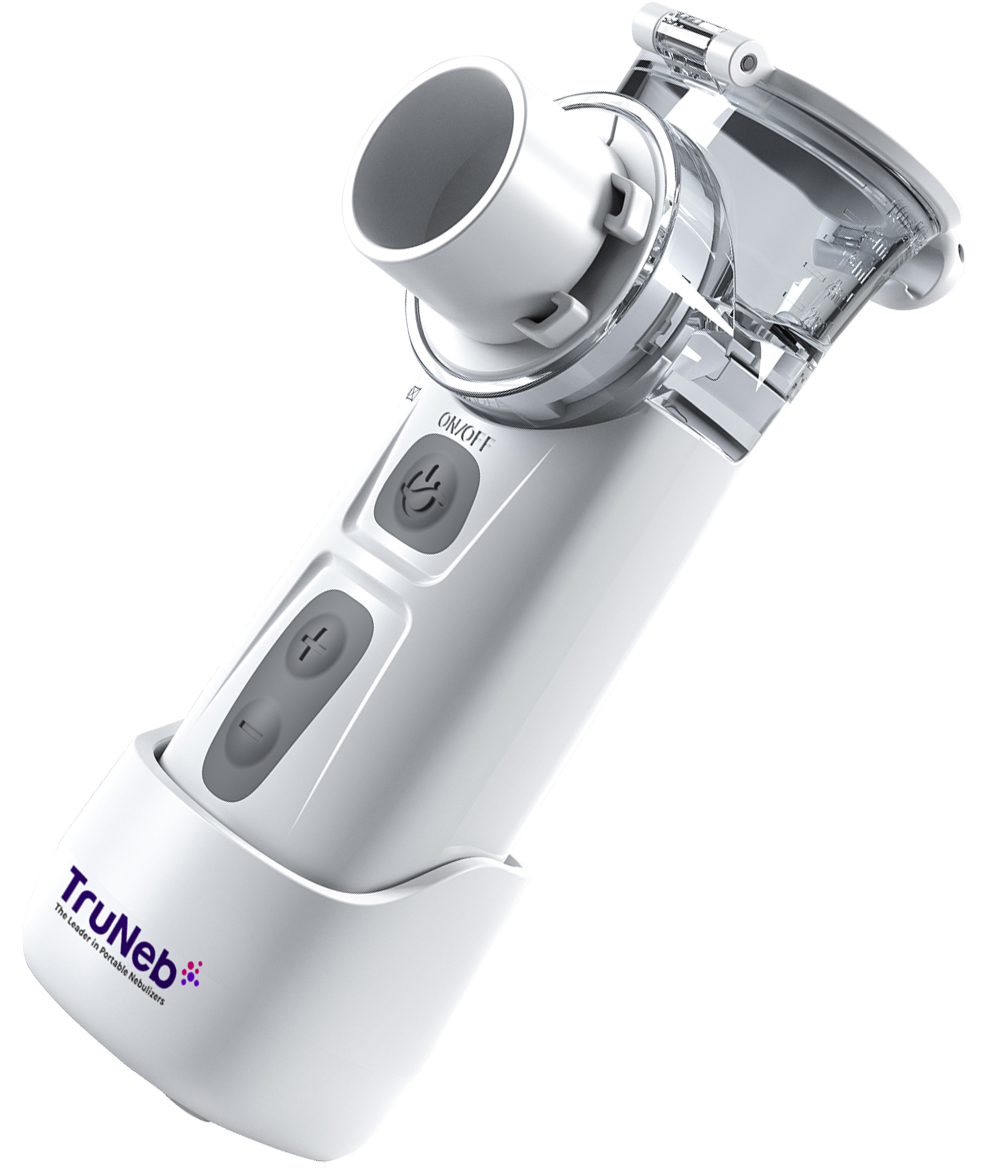On this page

Asthma impacts millions of people worldwide, and for some, it’s more than just an inconvenience. This chronic condition can disrupt daily life, whether it’s a sudden flare-up at work or missing out on activities due to symptoms like shortness of breath and fatigue.
But here’s the good news: asthma is recognized as a disability under the Americans with Disabilities Act (ADA). This means that if asthma is limiting your ability to work, study, or enjoy life, you have legal rights to ask for accommodations that make life more manageable.
Understanding how asthma qualifies as a disability and how it affects daily activities can help you advocate for yourself or your loved ones. So, let’s break it down – is asthma a disability?
Understanding Asthma as a Disability
What Counts as a Disability Under the ADA?
The ADA defines a disability as any condition that “substantially limits” one or more major life activities. These activities include breathing (a big one for asthma), working, walking, and more.
The key here is that a disability doesn’t have to be constant. Even if asthma only flares up in certain situations—like during exercise, in dusty environments, or when the weather changes—it still qualifies if it limits your ability to function in those moments. The law acknowledges that episodic conditions like asthma can still have a big impact.
Is Asthma a Disability Under ADA?
Yes, asthma fits the ADA’s criteria because it affects breathing, a major life activity. It’s not just about physical limitations, though. Asthma can disrupt your ability to focus, complete tasks, or even show up in environments that trigger symptoms.
Here’s how it might look in everyday life:
- At Work: If your job involves exposure to triggers like chemicals, smoke, or extreme temperatures, asthma could make it difficult or unsafe to continue. The ADA allows you to request changes, like better ventilation, protective gear, or modified tasks.
- At School: For kids, asthma can get in the way of PE classes, field trips, or even daily attendance during bad flare-ups. Schools are required to provide reasonable accommodations, like access to inhalers or adjustments to activities.
- Public Spaces: Environments with mold, smoke, or other irritants can trigger asthma attacks. Under the ADA, you have the right to ask for modifications or alternatives to make these spaces accessible.
Recognizing asthma as a disability isn’t just about labeling it—it’s about creating opportunities to make life a little easier for those living with it.
Asthma and Reasonable Accommodations
If asthma is limiting your ability to thrive at work, school, or elsewhere, you have the right to request accommodations under the ADA. These aren’t special favors—they’re legal protections to help level the playing field.
Here are some examples of reasonable accommodations:
- At Work:
- Adjusting your workspace to avoid triggers, like moving away from dusty areas or improving air filtration.
- Offering flexibility for breaks or time off to manage symptoms
- Providing remote work options if in-person environments worsen your asthma.
- At School:
- Allowing kids to carry and use inhalers during the day.
- Modifying physical activity requirements in gym class.
- Providing alternatives for outdoor activities on high-pollen days.
- In Public Spaces:
- Ensuring smoke-free zones.
- Requesting air purification in shared spaces like conference rooms or classrooms.
The goal isn’t to avoid life’s challenges entirely. It’s to make sure asthma doesn’t hold you back from participating in the things that matter most.
Is Asthma a Disability for a Child?
Yes, asthma can absolutely qualify as a disability for children, especially when it interferes with their ability to attend school, play, or just enjoy a normal childhood. The ADA doesn’t just apply to adults either. Kids with asthma are also entitled to accommodations that help them succeed in school and stay safe.
Here’s how asthma might affect a child’s daily life:
- Education: Frequent absences due to asthma attacks or doctor visits can lead to missed learning opportunities. Schools can offer Individualized Education Plans (IEPs) or 504 Plans to ensure kids with asthma get the support they need.
- Extracurricular Activities: Sports and after-school programs may require special adjustments, like having an inhaler on hand or modifying activities to prevent flare-ups.
- Emotional Impact: Chronic conditions like asthma can also take a toll on mental health. Kids may feel isolated if they can’t participate in the same activities as their peers, which is why accommodations and support are so important.
Parents can advocate for their child by working closely with teachers, school administrators, and healthcare providers to create a safe and supportive environment.

Comorbid Conditions That Can Make Asthma Worse
Asthma rarely exists in a vacuum. Other health conditions often interact with it, making symptoms more severe and harder to manage. Let’s explore some of the most common comorbidities and how to navigate them.
The Link Between Asthma and Anxiety
Anxiety and asthma can feed off each other in a frustrating cycle. Stress and anxiety can trigger or worsen asthma symptoms, while the feeling of struggling to breathe can heighten anxiety. It’s a double whammy that’s hard to shake.
What can you do?
- Practice relaxation techniques: Deep breathing, mindfulness, or progressive muscle relaxation can help manage anxiety while calming your airways.
- Talk to a therapist: Cognitive behavioral therapy (CBT) can be especially helpful for breaking the anxiety-asthma loop.
- Monitor triggers: Identifying what sets off your asthma and anxiety can help you stay one step ahead.
Asthma and Obesity
Carrying extra weight doesn’t just strain your joints—it also puts additional pressure on your lungs, making it harder to breathe. Studies show that obesity can worsen asthma severity and reduce the effectiveness of medications.
How to address it:
- Move a little more: Low-impact exercises like walking, swimming, or yoga can improve lung function without overloading your system.
- Focus on small, consistent changes: Gradual shifts in diet, like cutting back on processed foods or sugary drinks, can lead to long-term benefits.
- Work with your doctor: They can guide you on weight management strategies that won’t aggravate your asthma.
Other Common Comorbidities
Asthma often overlaps with conditions like allergies, GERD (gastroesophageal reflux disease), and respiratory infections, all of which can make breathing more difficult.
- Allergies: Pollen, pet dander, or dust mites can trigger asthma flare-ups. Using an air purifier or allergy-proof bedding might help.
- GERD: Acid reflux can irritate airways and mimic asthma symptoms. Managing GERD with diet changes or medications can reduce this impact.
- Respiratory infections: Even a simple cold can hit harder when you have asthma. Staying on top of flu and pneumonia vaccines can keep complications at bay.
Applying for Disability Benefits With Asthma
If severe asthma makes it hard to work, attend school, or manage daily responsibilities, disability benefits can be a lifeline. But qualifying isn’t always straightforward. The process requires thorough documentation and a clear understanding of how asthma impacts your life. Here’s what you need to know to give your application the best chance of approval.
Understanding the Criteria for Disability Benefits
The Social Security Administration (SSA) oversees two main programs for individuals with disabilities: Social Security Disability Insurance (SSDI) and Supplemental Security Income (SSI). To qualify for either program, your asthma must substantially limit your ability to perform basic tasks or hold down a job.
So, what is the SSA looking for?
- Medical Records: You’ll need a formal asthma diagnosis, treatment history, and any supporting documentation from your healthcare provider. This includes evidence of medications you’ve used, tests performed, and any prescribed breathing treatments.
- Hospitalizations: Frequent or prolonged hospital stays, especially those requiring intensive treatments like oxygen therapy or intravenous bronchodilators, can demonstrate the severity of your condition.
- Symptom Severity: Your asthma needs to significantly interfere with daily life, whether it’s missing work due to flare-ups or struggling to perform basic activities like climbing stairs or carrying groceries.
How to Document Asthma Symptoms Effectively
Medical records are vital, but they don’t always paint the full picture of how asthma impacts your daily life. That’s where asthma diaries come in. Think of them as your secret weapon for tracking and presenting evidence.
By keeping a detailed asthma diary, you can:
- Identify patterns and triggers, like pollen, cold air, or physical exertion.
- Show how asthma disrupts your routine, from sleepless nights to missed workdays.
- Provide the SSA with a clear, day-to-day account of your symptoms and treatments.
Here’s what to include in your asthma diary:
- Date and time: Note when your symptoms occur.
- Triggers: Document what might have set off an episode (e.g., smoke, exercise, or weather changes).
- Symptoms: Describe the severity of issues like wheezing, shortness of breath, or coughing.
- Medications: Record which treatments you used and how well they worked.
Example of an Asthma Diary Entry
| Date | Trigger | Symptoms | Medication Used | Outcome |
|---|---|---|---|---|
| Jan 8, 2025 | Cold air outside | Wheezing, chest tightness | Albuterol inhaler | Relief in 10 min |
Overcoming Challenges in the Application Process
Let’s face it: navigating the disability claims process can feel overwhelming. Unfortunately, many asthma-related claims are denied, often due to insufficient evidence or technical errors.
Why are claims denied?
- Lack of documentation: Without detailed medical records or symptom logs, the SSA may not fully understand the severity of your condition.
- Underestimating asthma’s impact: If your application doesn’t clearly show how asthma affects your ability to work or function, it could be dismissed.
- Application mistakes: Even small errors in the paperwork can delay or derail the process.
How can you improve your chances?
- Work with a pulmonologist who understands the SSA’s requirements. Their detailed reports can add weight to your claim.
- Submit a complete record of your asthma diary, test results, and any hospitalizations.
- Consider consulting a disability lawyer to guide you through the process, especially if your claim has been denied before.
By documenting your asthma’s impact thoroughly and understanding what the SSA is looking for, you’ll have a much stronger chance of receiving the benefits you need. If you hit a roadblock, don’t give up! Appealing a denial can often lead to approval.
Living Well With Asthma
Strategies for Coping With Severe Asthma
Living with severe asthma as a disability can be challenging, but there are ways to navigate the emotional and physical toll it may take. Managing asthma involves more than just medication. Finding the right support systems and resources can help you thrive.
Mental Health and Stress ManagementAsthma symptoms can be worsened by stress, so addressing your mental health is key. Simple practices like mindfulness, meditation, or yoga can help reduce anxiety and stress levels. If asthma feels overwhelming, talking to a therapist who specializes in chronic conditions can provide helpful coping strategies.
Join a CommunityYou don’t have to navigate asthma alone. Online communities, like asthma support groups on Facebook or platforms like Asthma.net, offer a space to share experiences and tips. Connecting with others who truly understand what you’re going through can be empowering and reassuring.
Practical Tips for Everyday Life
- Create an asthma action plan with your doctor. This step-by-step guide will help you know what to do during an asthma flare-up.
- Share your action plan with trusted friends or family members so they can assist in an emergency.
- Keep your medications, like inhalers & nebulizers, easily accessible at all times.
Long-Term Outlook
Asthma may not have a cure, but the outlook for living a full and active life with asthma is better than ever. Advances in treatments, such as biologics, smart inhalers, and portable nebulizers for asthma are giving people more control over their symptoms.
Focus on What You Can Control
With proper management, many people with asthma are able to participate in activities they love—whether that’s running marathons, traveling the world, or simply spending quality time with family. Staying on top of your treatment plan, tracking your symptoms, and avoiding known triggers can significantly improve your quality of life.
Take it one step at a time, and remember—you’re not alone on this journey. Whether you’re seeking practical tips, exploring disability benefits, or just looking for reassurance, there’s always help available to guide you along the way.
See how the TruNeb™ Portable Nebulizer can add convenience to your asthma routine.







